Scrolling through Twitter the other day, past the usual horrors – terrifying pictures of people on ventilators; stories of them dying alone – I came across a thread started by the feminist writer Roxane Gay.
“We are all going to be in isolation and without work for a while so I am doing this again,” she wrote. “If you are broke and need to stock up on groceries etc, I will Venmo you $100. 20 people. It’s not much but it’s something.”
There was a rush of people suggesting friends in need, and Gay soon reached her limit. But then other people started donating too, replying to complete strangers: “I got you, Becca. All the best and hang in there.” And, “Sent some your way! Stay Well.” Copycat kindness. Like inspiring like. You might even call it infectious kindness. Over and over again.
Once you start looking out for them, random acts of kindness are everywhere – from people fostering shelter dogs and donating to charities, to those leaving encouraging notes for care workers. A rose grower from Victoria made up 100 free bouquets and gave them away outside a Ballarat pub. A woman lost her job when a Lush Cosmetics store closed, then distributed made gifts of fresh soaps that couldn’t be sold. She popped them into letter boxes down her street, having carefully wrapped each one and adding the message “soap from your neighbour”.
Twitter, which as we all know can be a hotbed of bullying viciousness and cyber trolldom, seems to be sweetening. YAand children’s author Gabrielle Tozer started the hashtag #tinygoodthing, sharing about small joys. Like the fact that her neighbour got a new kitten, and it’s still fun to dance to Lady Gaga – even, home alone.
Previously, Tozer had Tweeted this story from Harvard Business Review titled “That discomfort you’re feeling is grief.” The article seeks advice from David Kessler, author of Finding Meaning: The Six Stages of Grief, who describes, “the loss of normalcy; the fear of economic toll; the loss of connection. This is hitting us and we’re grieving. Collectively. We are not used to this kind of collective grief in the air.”
Twitter – a hotbed of bullying viciousness – seems to be sweetening
That grief, and the jarring changes to the rhythm of our days, came with scant warning. Suddenly things we took for granted are off limits – the freedom to go where we please, when we please; the ability to linger on a park bench or take our kids to the beach; to shake someone’s hand when we meet them; to hug or kiss our parents and grandparents.
These are everyday things that most of us have never had to question before. Their abrupt disappearance is scary. Then of course there’s the real fear of the COVID-19 disease itself.
And don’t get me started on money – which, for many of us, seems to be running out, fast. On the other side of this, how will the economy look? What will happen to our jobs, our homes, our security? I keep hearing talk of a wartime mentality, of fostering London’s Blitz spirit – but has anyone considered that WWII lasted five years? FIVE YEARS? It’s unthinkable.
Inevitably, some people react with tantrums and violence (yes, I’ve read the reports of pharmacists copping it from hyped-up patrons, and one mean woman weaponising her potentially-infected spit against a police officer). However, kindness is a much more common response. When faced with collective grief, we activate our compassion.
This 2016 study, Suffering and Compassion: The Links Among Adverse Life Experiences, Empathy, Compassion, and Prosocial Behavior, concludes that there’s “good reason” to believe that compassion “might be enhanced by adversity”.
The authors frame compassion as “a forward-looking coping response,” and show how experiencing tough times can result in “heightened perspective-taking and empathic concern” – the latter, leading to increased compassion.
Will we emerge a gentler, kinder, more considerate society on the other side?
Will we emerge a gentler, more considerate society?
To be honest, I think that’s asking too much. Human nature is human nature. There will always be joy, love and compassion, just as there will always be greed and exploitation. To be human is to be a mix of the good and bad. But culture does change.
Something unprecedented is happening right now and we are living through it: an enforced pause that is nudging us to re-evaluate what is important to us as a society and as individuals. We have no choice but to do more with less. And in this process, we are reshaping culture as it happens, whether we like it or not.
It’s too early to say what shape we will fix upon once the immediate threat of the disease abates, but I hope it might be one that places greater emphasis on the non-commercial things that matter to us: love, laughter, freedom, clean air, wild spaces, healthy marine systems, biodiversity. Dare I say it, the simpler life?
The latest Episode of Clare’s Wardrobe Crisis podcast considers Love in the Time of Coronavirus, with Greenpeace’s Australia Pacific CEO, David Ritter. Listen here.




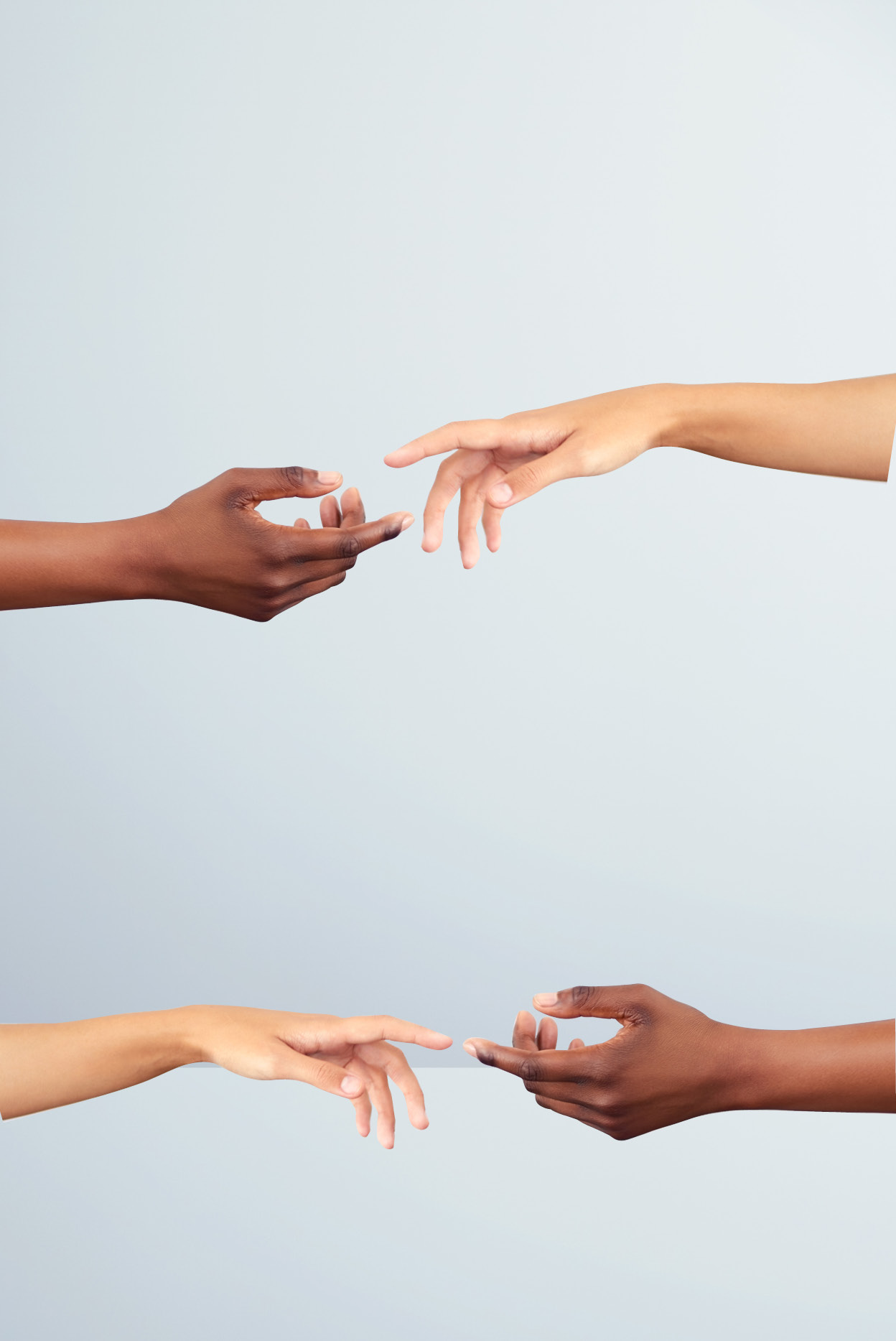
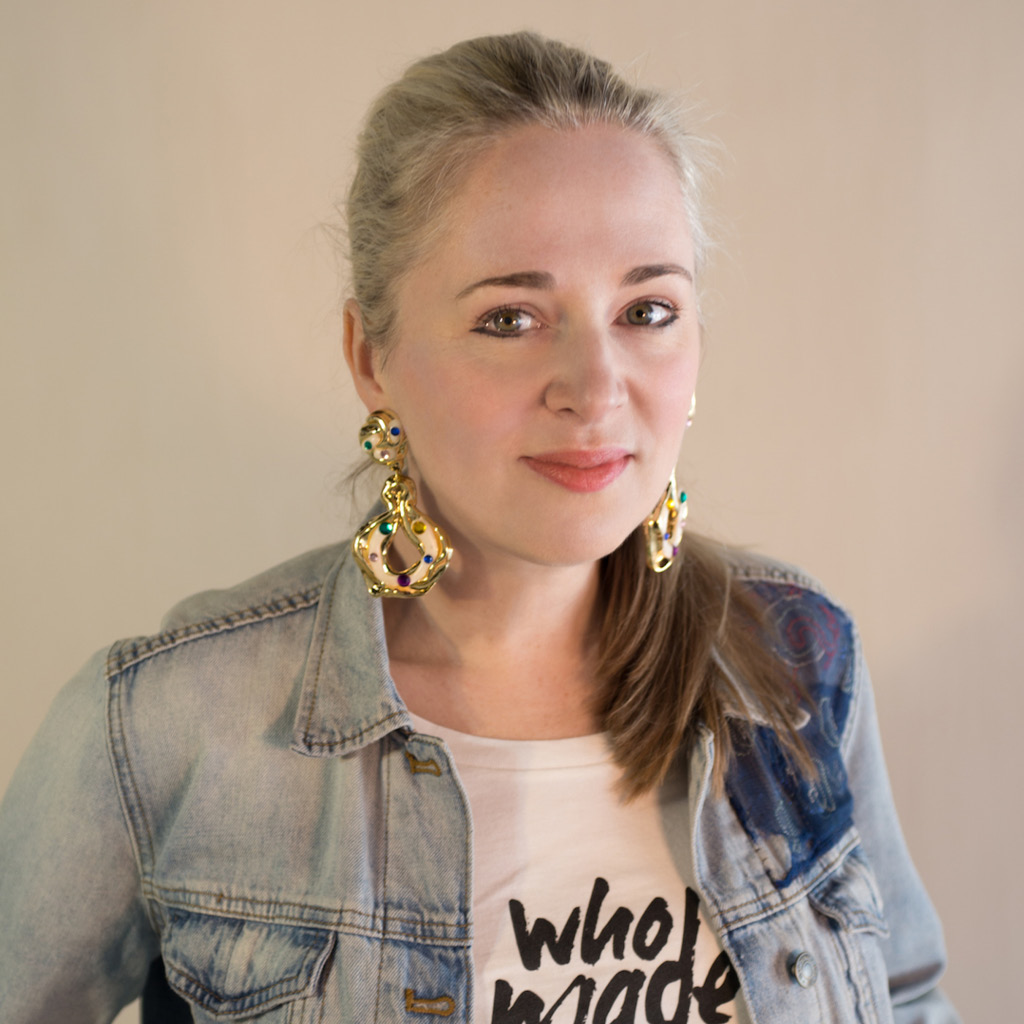


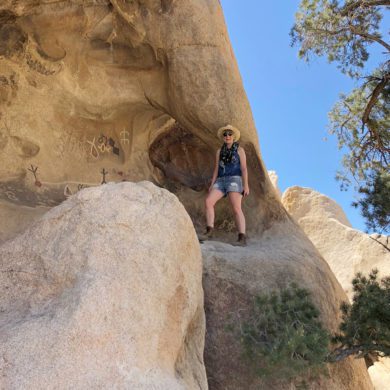
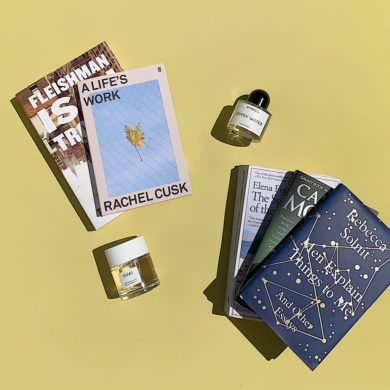
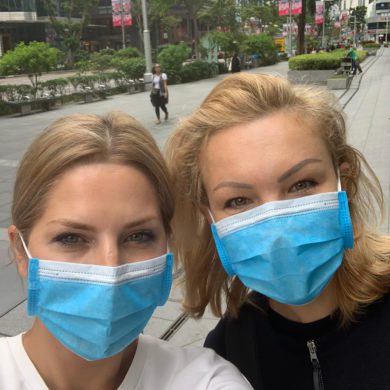
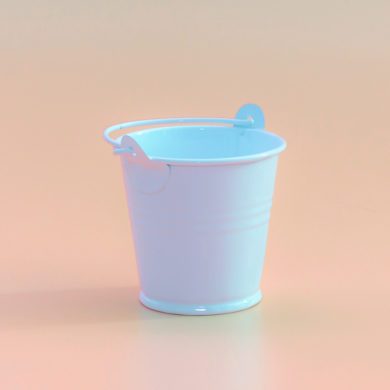

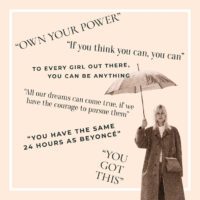
2 Comments